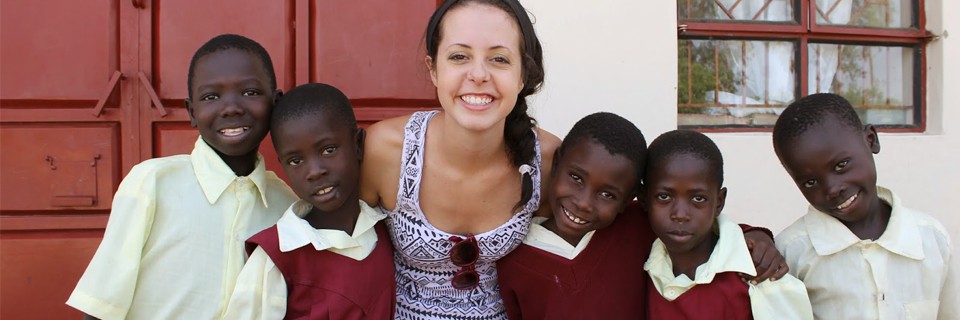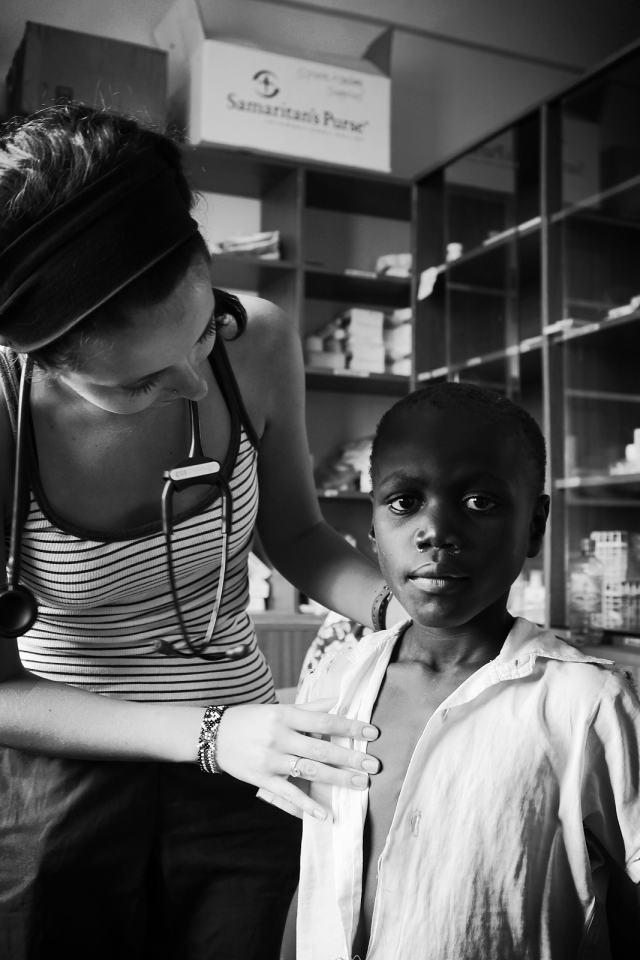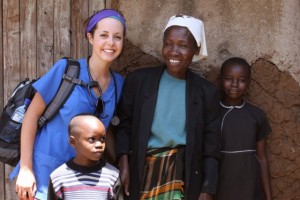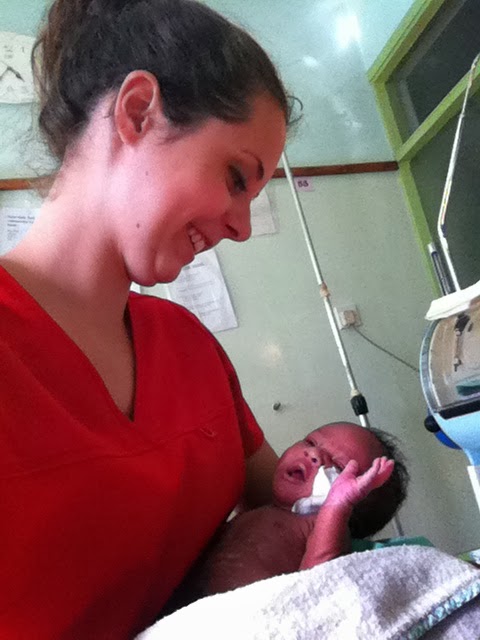The Toughest Job You’ll Ever Love

Breana McKinnon, a registered nurse based in Baltimore, Maryland, spent one-year volunteering as a CMMB volunteer nurse at the Tabaka Mission Hospital in Kisii, Kenya. She was there from November 2013 through October 2014. Below is her story.
I pursued my degree and vocation in nursing because I felt called to help people. After I graduated as a registered nurse from Salisbury University in 2013, I actively sought overseas volunteer opportunities so that I could apply my skills and training to benefit communities in need. I discovered CMMB, and signed up for a one-year volunteer position because the organization’s vision reflected my own; a world in which “every human life is valued and quality care is available to all.”
CMMB found me a nursing position in Tabaka Mission Hospital in Western Kenya. Upon my arrival, I was assigned a role in the maternity ward of Tabaka Mission Hospital. After a few months, I was transferred to the female surgical ward because the hospital needed more experienced nurses to help deliver babies, perform caesarean sections, and provide care for female patients.
Ordinary days in the hospital could be very difficult for a number of reasons. The most obvious was a chronic lack of resources. The first time I experienced this everyday reality had a dramatic impact on me. I had to remove an oxygen mask from one patient to give it to another whose condition was more serious. There wasn’t enough oxygen in supply for both patients. It was a horrible moment.
 An extremely limited budget also meant that the hospital couldn’t afford to supply certain medications. I remember one day a mother arrived with her son, seeking treatment for his dangerous bone infection. We didn’t have the medication her son needed, so she was forced to leave the hospital to try to find a way for an expensive antibiotic for her child.
An extremely limited budget also meant that the hospital couldn’t afford to supply certain medications. I remember one day a mother arrived with her son, seeking treatment for his dangerous bone infection. We didn’t have the medication her son needed, so she was forced to leave the hospital to try to find a way for an expensive antibiotic for her child.
I was painfully aware of the fact that if resources were more accessible, and if poverty were not such a huge barrier to people’s quality of life, the health outcomes for many of my patients would have been much different. Many who died might have lived.
Seeing the impact of my contribution helped me see why I was there. I realized, “I love these people, I love my work, and I am here to help in any way I can.”
Looking back, I often struggle to tell people what my experience in Kenya was like. I was forced to think differently and see life with a different economic and cultural perspective. I met new people from different backgrounds, and I learned new languages. 
Experiences like this make you learn a lot about your strengths, weaknesses, your ability to adapt, and your capacity to be open-minded. You learn a lot about who you are.
Today, because of what I learned, I have more conviction for and dedication to the profession I chose. I am even more passionate about my desire to work abroad in resource-constrained communities in the future. For that, I am thankful.
